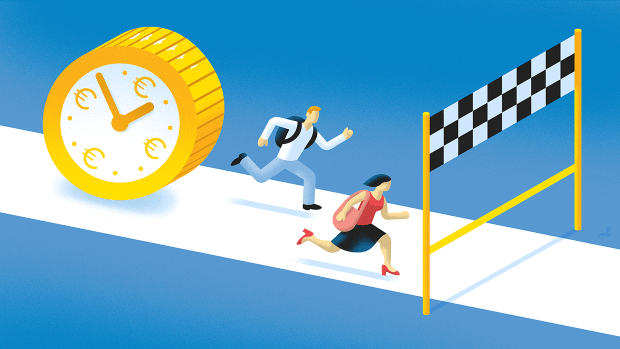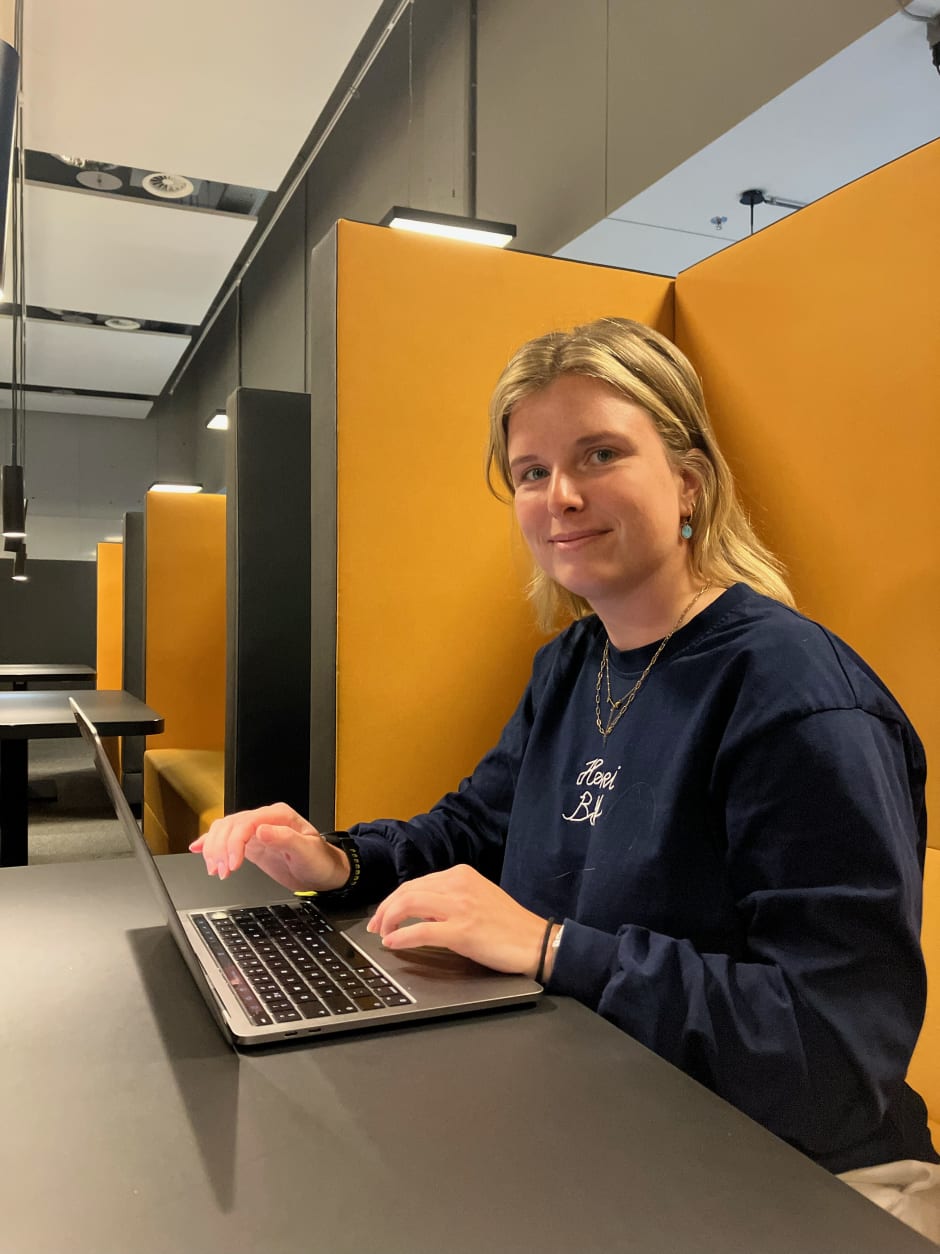
Long-term students on the long-term study penalty: “A big disappointment”
The reintroduction of the long-term study fine of the new cabinet is meeting with quite a bit of resistance. Folia spoke to two students who are taking longer than average to complete their studies. How do they view the return of this measure? “If the long-term study penalty is actually introduced, I will stop studying.”
From 2026, the new cabinet wants to make a new attempt to fine long-time students. This time, not because of a cutback, as was the case in 2012 when the langstudeerboete (long-term study penalty) was first introduced, but because of the tightening labour market.
Students who complete their studies in the foreseeable future can quickly enter the labour market, is the new government’s thought. But the measure is meeting a lot of resistance, not least from students themselves.

Ihab Laachir (26), an economics and political science student, has been studying since 2017
“I didn’t have too high expectations from this new cabinet anyway,” says Ihab Laachir, who has been studying economics and political science at the UvA since 2017. “But the reintroduction of the long-study fine was a big disappointment.”
“With such measures, you hit the very people you don’t want to hit,” says Laachir. “Students with rich parents easily pay such a fine, but people with personal circumstances they can’t help, they suffer.”
Laachir himself struggles with a visual impairment and sees virtually nothing. Throughout his studies, he encounters obstacles because, according to him, the UvA is not properly equipped for students with functional disabilities. “My studies are quite visual, with lots of graphs and diagrams,” says Laachir, “I can’t see those, of course. When I asked if the lecturer could give me some extra explanation about this after class, it was seen as extra lessons. It took me two or three years to manage to have all the material available to me as well.”
This is also directly the biggest reason why Laachir has been studying since 2017: because of his disability, everything simply took more time. He hopes to complete his bachelor’s degree in economics this year and is working on his thesis. This will be followed by the political science thesis. “If the langstudeerboete is actually introduced, I will stop studying. I’m not going to pay six thousand euros a year.”
He foresees that students will gain less experience outside their studies, such as a board year, or join the council. In addition, it will also have an impact on students’ mental state, he predicts.

Vera Langeveld (26), clinical psychology student, is studying since 2015
Vera Langeveld (26) moved on from higher education (HBO) to university and has just started her final year of the master’s in clinical psychology at the UvA. Ultimately, she will have taken more than nine years over her degree.
“Moving on from physiotherapy to psychology apparently also means studying for a long time, while I am just continuing my development,” Langeveld says. “On top of that, my current master’s is almost impossible to complete nominally because the internships, which last six months, are almost non-existent. Typically, psychologists want an intern in their practice for nine months. As a result, I am running late anyway, and this fine is hanging over my head.”
In addition, Langeveld thinks punishment is never a good solution and only leads to more frustration and extra pressure. “That’s why I think very careful thought should first be given to what the consequences of such fines might be. What will that mean for people who are or become chronically ill, come from other socio-economic classes and can follow their own path at university for the first time, or work purely on their personal development and not throw in the towel on their studies, like me? From psychology, the government should focus on rewarding rather than punishing.”



